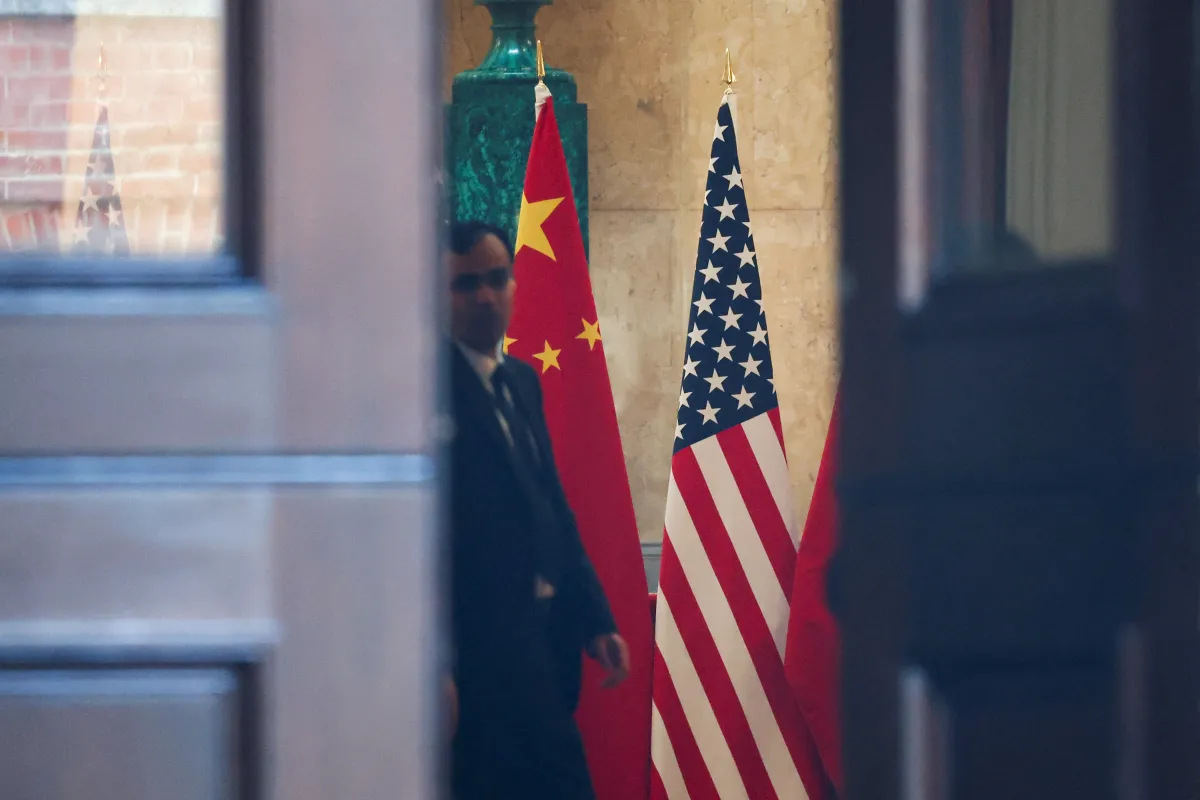
作者/Author(s): William Hurst and Peter Trubowitz
網站來源/Source: Foreign Affairs
日期/Date: 07/03/2025
關鍵字/Keywords: 外交、大交易、美國、中國
摘要:
川普在最近一輪美中會談後,宣稱雙方關係已經緩和,並吹捧以談判解決更多問題的想法。然而,礙於雙方國內政治因素及沒有共同合作的領域,能解決現有問題的可能性微乎其微。自第二次世界大戰後,中美兩國對彼此抱有敵意,互相提防,只有在地緣政治或國內政治利益一致時才會合作。當今的地緣政治環境與民族主義情緒,使兩國立場更為對立,雙方領導人也不願意以有意義的方式解決分歧問題。若川普堅持尋求「大交易」(grand bargain),很可能需在台灣與南海議題上作出讓步,從而破壞美國數十年來在印太地區建立的安全架構。與其為了跟魔鬼交易而犧牲區域穩定,美國應將重點放在更易管理且關鍵的架構或協議上。
敵亦可用,友亦可期
敵亦可用,友亦可期
- 當美中之間缺乏共同敵人,且國內政治高舉民族主義大旗時,雙邊關係幾乎都走向惡化。
- 在冷戰的前二十年,美國和中國是對手。但在1970年代,雙方將蘇聯視為更大的威脅,逐步改善關係,最終實現外交關係正常化。雖然兩國仍有戰略合作,但受限於彼此經濟體制與政策差異,經貿互動相對有限。
- 1980年代開始,雙方都有共同的地緣政治和經濟利益,加上兩國國內政治傾向支持全球化,形成有利於經濟與戰略合作的環境。
- 蘇聯解體後,中美不再有共同的戰略考量,也就沒有安全合作的必要。1995-1996年台海危機更顯雙方的對立。雖然兩國仍有一致的經濟利益,但雙方動機不同。自那之後,美中經濟雖高度互賴,但缺乏共同的戰略利益。
Summary:
Trump claimed a detente with China in the recent round of talks with China and touted the idea of a more negotiated settlement. In reality, both sides' domestic politics and the lack of a common area for cooperation hinder any chances of a genuine resolution. After World War II, the U.S. and China maintained a state of hostility, being wary of one another, and only cooperated when they shared common geopolitical or domestic political interests. The geopolitical environment and nationalist sentiments today pit the two countries at opposing ends, and leaders from both sides are unwilling to reset their relations or address divisive concerns in a meaningful way. If Trump insisted on a grand bargain, it would most likely require concessions on Taiwan and the South China Sea, which would undermine the decades-long Indo-Pacific security architecture. Instead of ceding regional stability for a Faustian bargain, the U.S. should focus on more manageable and critical settlements.
Useful Adversaries, Useful Partners
Useful Adversaries, Useful Partners
- U.S.-China relations sour when they lack a common enemy and nationalistic sentiments thrive in domestic politics.
- The U.S. and China were adversaries in the first two decades of the Cold War. However, in the 1970s, both sides recognized the Soviet Union as a greater threat and began to thaw their relations, which ultimately led to the eventual normalization of U.S.-China diplomatic relations. Despite the strategic cooperation, there were limited economic interactions between the U.S. and China due to differences in economic planning and policies.
- In the 1980s, both sides shared common geopolitical and economic interests, as domestic politics on both sides increasingly favored globalization. Consequently, it created a conducive environment for economic and strategic cooperation.
- After the dissolution of the Soviet Union, the U.S. and China no longer share common strategic concerns, eliminating the need for security cooperation. The U.S. and China even squared off in the 1995-96 Taiwan Strait Crisis. They still have aligned economic interests but with differing motives. Since then, the U.S. and Chinese economies have become highly interdependent, yet they lack common strategic interests.
